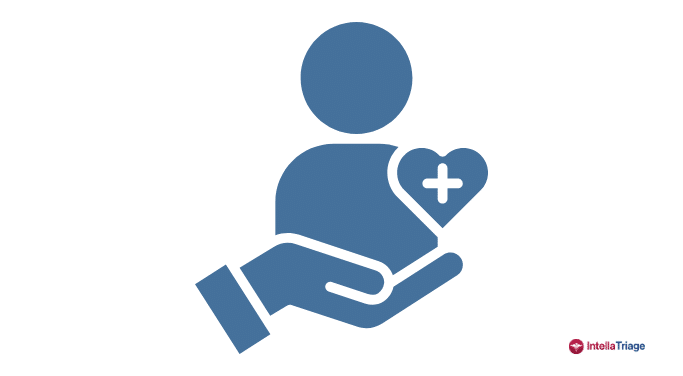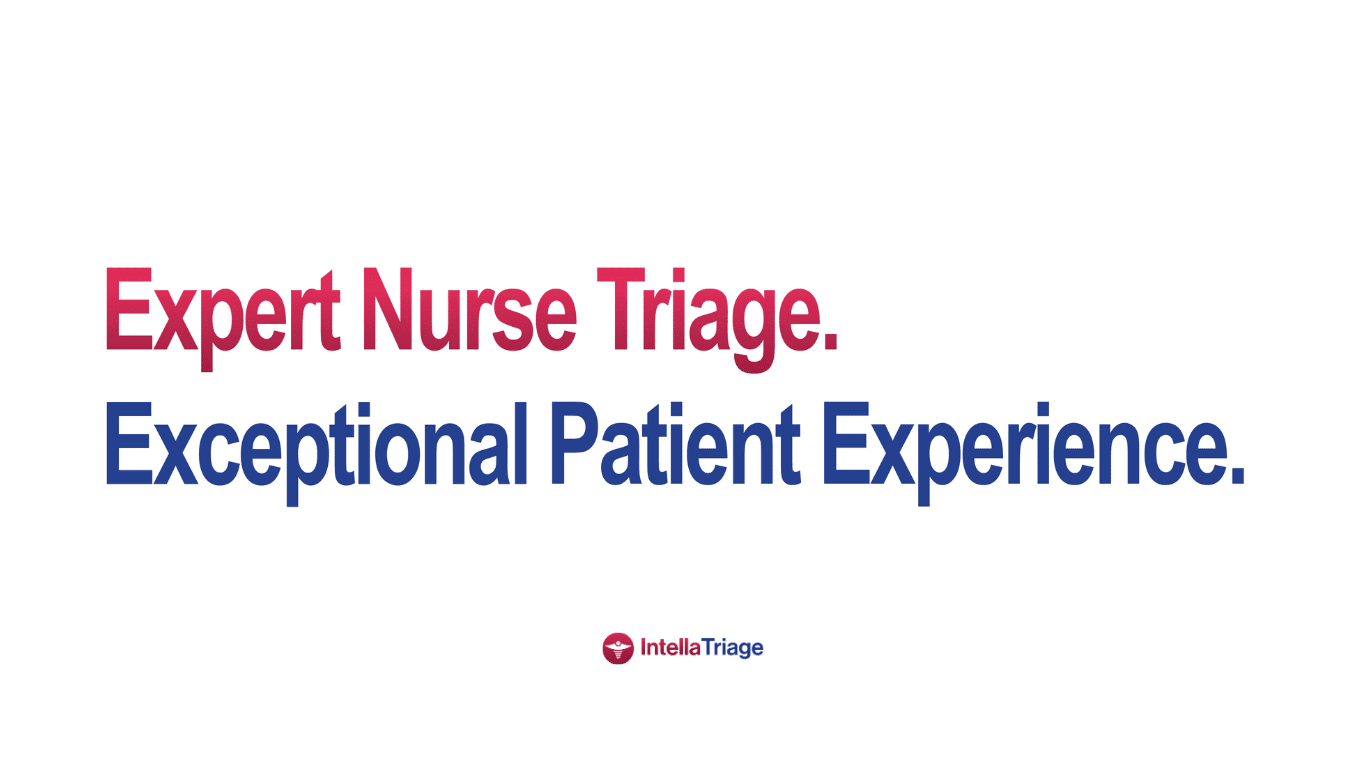When patients get discharged after a hospital visit, it can be difficult for them to follow or remember discharge instructions. This can lead to higher readmission rates, longer recovery times and decreased patient satisfaction. To solve this problem, patient engagement and post discharge follow up, when employed correctly, can reduce readmissions and close gaps in patient care.
Did you know?
- Up to 20% of patients are readmitted within 30 days
- There is the potential to save $12 billion on hospital readmissions
- Hospitals could lose as much as $528 million from Medicare cuts
Why do hospital readmissions occur?
The primary cause of hospital readmissions is poor follow-up by patients after a procedure. Due to a lack of communication or understanding, patients will often go home confused about their post-procedure instructions or medication orders, and, in turn, fail to follow the treatment plan or follow-up with a doctor visit.
Customized Continued Care After Patient Discharge Can Help
Utilizing licensed registered nurses specifically for post-discharge care can reduce hospital readmissions. These nurses help patients follow their care instructions by educating them on their medication plan, monitoring them regularly and providing professional, compassionate support.
The process to integrate nursing support into your post-discharge care process typically flows as follows:
- Identify patients that are at risk of readmission.
- A hospital staff member sends post discharge instructions from the hospital EMR to the nurse.
- The licensed nurse will make follow-up calls to confirm compliance with medications and screen for necessary follow up visits.
- If needed, nurses can also be available after-hours for patients or caregivers to call if a complication arises.
The best programs will allow each hospital specialty its own custom patient engagement and post-discharge follow-up care process. This will help ensure that each specialty is able to include specific follow-up procedures for the nurses to follow.
Some of the key areas each specialty should include in their follow up process are:
Symptom Review
- Do you know what signs/symptoms to look out for?
- Do you know what number to call if you have a medical concern?
- Do you have any questions you would like me to pass on to your doctor?
- Do you have any symptoms you are concerned about right now?
Follow-up
- When do you have an appointment scheduled?
- Are you able to keep that appointment?
Medication Compliance
- Did you get medicines?
- Do you know how to take them?
- Are you taking them?
- Do you have any concerns about taking the medicine?
Patient engagement and post-discharge follow up is one of the most important parts of improving patient outcomes. In order to prevent readmissions, providers must prioritize the post-op patient experience by providing patients with a professional support system to guide them through their recovery process.
The largest barrier to post-procedure follow up is the patient’s ability to attend follow-up appointments. Whether the patient is limited by a lack of time, resources or transportation, healthcare organizations can help patients overcome barriers by pivoting to remote care.
Meeting Patients Where They Are
Patients are requiring on-demand access to healthcare and post discharge follow-up is no exception.
Partnering with a remote care service can alleviate patient roadblocks, and empower your organization to provide on-demand care. Not only can it save patients from traveling long distances, it also limits the amount of in-person visits your on-call staff has to make.
Though providing follow-up care can be challenging, leveraging technology can help providers reduce the number of in-person follow-up care appointments, increase staff efficiency and improve patient satisfaction.
If you’re ready to reduce hospital readmissions, boost your patient engagement scores and rethink your organization’s discharge follow-up strategy, contact us today to learn more about what IntellaTriage nurses can do for you.
This post was originally published in September 2018 and has been completely revamped and updated for accuracy and comprehensiveness.
Contact Us for a Consultation
Ready to optimize your triage process? Reach out to us today for a consultation tailored to your needs. Let’s elevate your patient care together.
More From The Blog
Patient engagement is a comprehensive approach to connecting with hospice and home health patients and their families beyond routine visits. A home health or hospice episode begins with a Start of Care (SOC) or admission and ends with discharge or end-of-life care. These episodes vary, beginning with the standard 60-day period for home health. In [...]
In today's fast-paced healthcare environment, providing exceptional patient care doesn't stop when the office doors close. For hospice and home health providers, timely after-hours care is critical to ensuring patients receive the support they need when they need it most. When patients and their caregivers can easily access a licensed nurse during the night, weekends, [...]
In the complex world of hospice and home health care, after-hours triage is far more than a necessity—it's a critical component of quality patient care. Patients and caregivers often face urgent questions and challenging situations during nights and weekends. Having access to expert hospice and home health triage services ensures timely, compassionate responses, alleviating stress [...]









